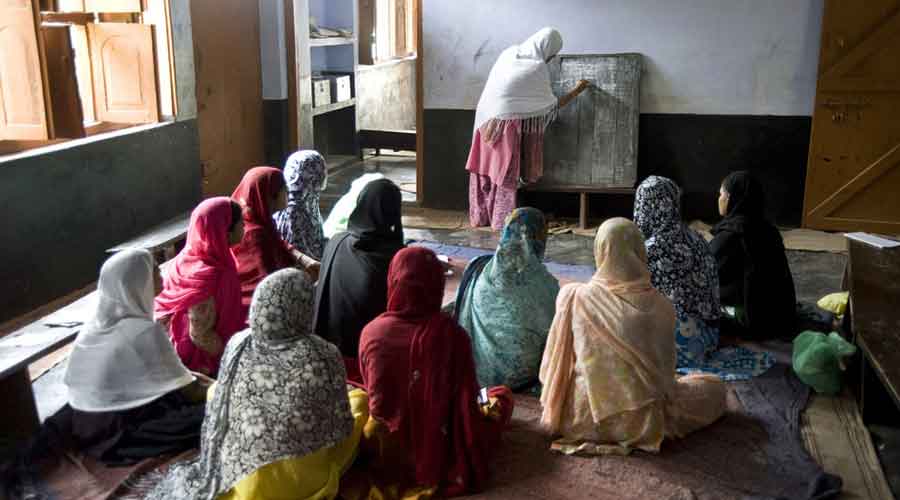
Class for all : The best rules will fail until the weakest segments of India’s children can enjoy their rights
Don't Miss
 |
| Representational image.: File photo |
The NCPCR report shows that the exemption has had deeply disturbing results. Paradoxically, over 60 per cent of pupils in minority institutions across the board are from non-minority groups. Christian institutions, which far exceed in proportion the percentage of Christians in the population, have around 74 per cent non-minority students. Since reservations are not mandatory, some of these schools are ‘elite’ ones, while all minority institutions together serve only 8.76 per cent of students from socially and economically disadvantaged backgrounds. Thus the positive goals of the RTE Act and of the right of minorities to run their own institutions are frustrated: protecting the second from the first denies numerous underprivileged children benefits under the SSA and the right to learn. Accommodating non-minority students in large numbers means leaving out children from the target groups: in 2016, of 3.8 crore Muslim children of 6-14 years of age, 1.1 crore were out of school. Muslim minority institutions — excluding government-recognized madrasas — differ greatly from Christian schools. Students, taught religious courses only and deprived of ‘mainstream’ subjects and trained teachers, suffer from feelings of inferiority. The exemption needs to be reviewed and a minimum percentage set for students from target groups to be admitted to minority institutions. The best rules will fail until the weakest segments of India’s children can enjoy their rights.


0 Response to "Class for all : The best rules will fail until the weakest segments of India’s children can enjoy their rights"
Post a Comment
Disclaimer Note:
The views expressed in the articles published here are solely those of the author and do not necessarily reflect the official policy, position, or perspective of Kalimpong News or KalimNews. Kalimpong News and KalimNews disclaim all liability for the published or posted articles, news, and information and assume no responsibility for the accuracy or validity of the content.
Kalimpong News is a non-profit online news platform managed by KalimNews and operated under the Kalimpong Press Club.
Comment Policy:
We encourage respectful and constructive discussions. Please ensure decency while commenting and register with your email ID to participate.
Note: only a member of this blog may post a comment.